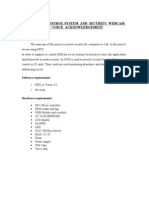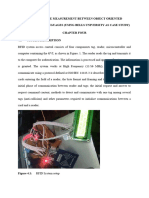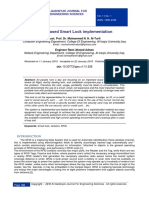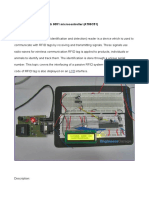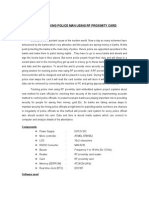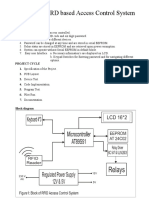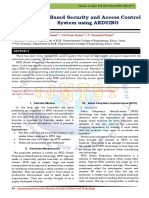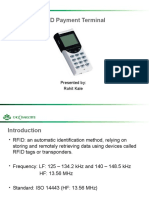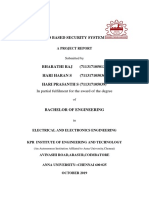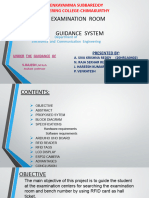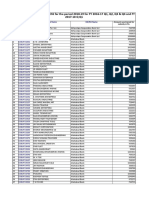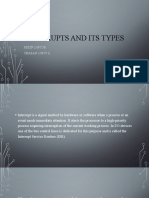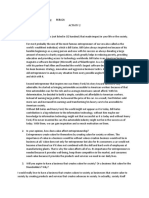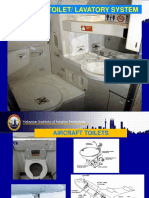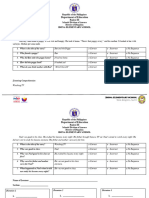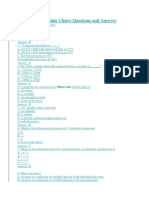0% found this document useful (0 votes)
4 views4 pagesDesign of RFID Card Reading System
This document presents the design of an RFID card reading system using an HY-502 RFID module and LPC2368 ARM core controller. The system facilitates non-contact identification and data management for various applications, including supermarkets and public transport, by transmitting card information to a computer via USB or RS232 interfaces. The paper details the hardware and software design, highlighting the system's potential for future upgrades and diverse applications.
Uploaded by
proyintecCopyright
© © All Rights Reserved
We take content rights seriously. If you suspect this is your content, claim it here.
Available Formats
Download as PDF, TXT or read online on Scribd
0% found this document useful (0 votes)
4 views4 pagesDesign of RFID Card Reading System
This document presents the design of an RFID card reading system using an HY-502 RFID module and LPC2368 ARM core controller. The system facilitates non-contact identification and data management for various applications, including supermarkets and public transport, by transmitting card information to a computer via USB or RS232 interfaces. The paper details the hardware and software design, highlighting the system's potential for future upgrades and diverse applications.
Uploaded by
proyintecCopyright
© © All Rights Reserved
We take content rights seriously. If you suspect this is your content, claim it here.
Available Formats
Download as PDF, TXT or read online on Scribd
/ 4




